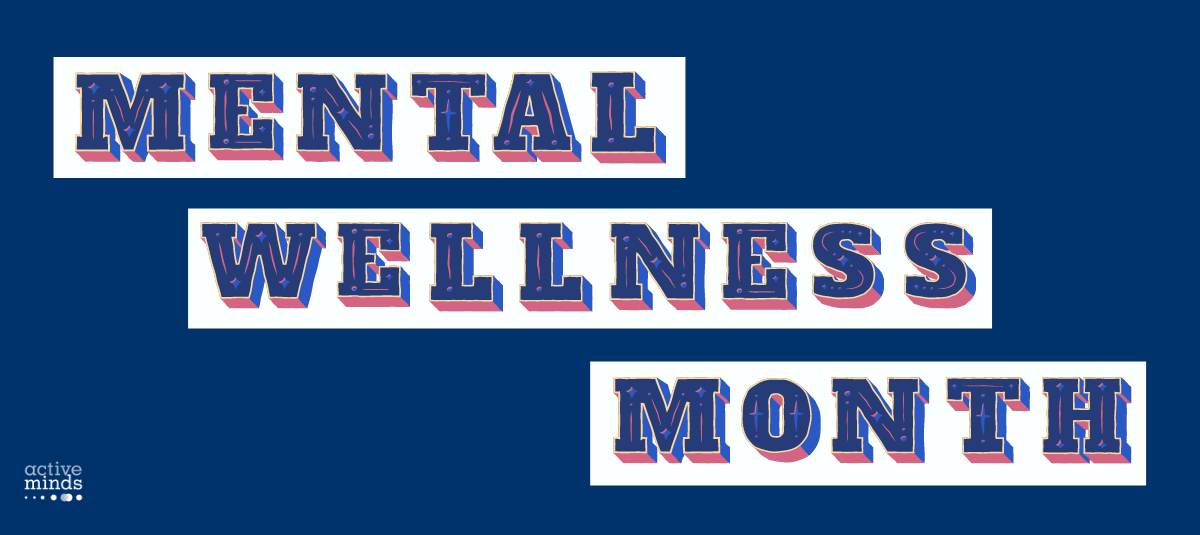With the start of January comes many new things for people: a new year, new resolutions, and new memories.
In my case, what came was a new ACL (anterior cruciate ligament). I tore my right knee ACL during the fall semester, practicing taekwondo, and oh boy — having knee surgery during winter break changed the meaning of “mental wellness” for me. After all, while this was a great physical toll on my body – with the experience of surgery rather traumatic for my knee – there was also an even larger emotional toll present that I was unprepared for.
So, for me, the new year instead started with new worries, new fears, and new pain.
While it may seem like common sense to know that mental wellness goes beyond just mental illness, when caught in the moment of all the stresses of life, I forgot that practicing mental wellness can be as simple as knowing what I’m capable of handling, both emotionally and physically, asking for help when I need it, and having a routine that makes me feel good. When I had ACL surgery, my eyes became open to how easily my pride and sense of independence could be taken away. I won’t lie. Reminding myself that things will progressively get better was difficult. The first two weeks, there were times I’ve wept in the bathroom because I needed help to get into the shower. I’ve had to readjust how I handle simple tasks and having something as simple as turning on a light switch become a struggle was disheartening.
During the recovery process, I’ve learned more about what it means for me to take care of myself physically and mentally, and have rebuilt my mental wellness as I acknowledged what I could and could not do alone. Much of what I did to regain functioning in my knee translates to what we can do to maintain our wellbeing. The best part is that you’re also probably familiar with these strategies:
- Stay physically active: Yes, each step that I take with my right leg hurts but it doesn’t stop me from making sure to walk around my community with crutches at least once a day. Staying active can help reduce anxiety and support stress management.
- Prioritize rest: Did I always want to take naps during my first few weeks of recovery? Not at all. However, taking naps and in general, sleeping well, helped me to feel refreshed and provided the necessary energy to start and then continue the day.
- Eat well: Sometimes when my knee is in a serious amount of pain, there’s nothing like ice cream to bring out the little kid in me and provide a small amount of joy. Eating well equally means maintaining a balanced diet while also intuitively enjoying the snacks we love – trust me, you deserve it.
- Communicate and spend time with loved ones: Seeking treatment for my knee led to moving back home for half of the fall semester and for what will be most of my upcoming spring semester; as a result, being away from the action and from friends has felt isolating – especially given the timing with moving past a year of online classes due to COVID-19. Online chats and FaceTime, however, have been blessings as they allow me to stay in touch with my friends and socialize beyond my bedroom walls.
- Find a hobby: While this might not be the case for everyone, gaming as a hobby helped to provide an outlet when I couldn’t easily release the stress that had pent up inside of me. Hobbies keep us productive and thus contribute to our self-empowerment as we become capable of utilizing other skills. Find one that works for you!
Would I want to go through ACL surgery again? No, but should I ever need a similar operation, I’ll at least have a better expectation of what is to come. Likewise, there are obstacles in life we never want to encounter but may eventually have to face. Sometimes these formative experiences can be traumatizing and make it hard to find a silver lining. Yet, doing our best to understand what we are capable of in those moments is a step toward safeguarding or re-building our mental wellness – and unlike my knee, maybe then, life will bend in the direction we hope for!
As for the new year, there will be many new experiences that teach us about managing our mental wellness, and each will always provide us with a new start.




